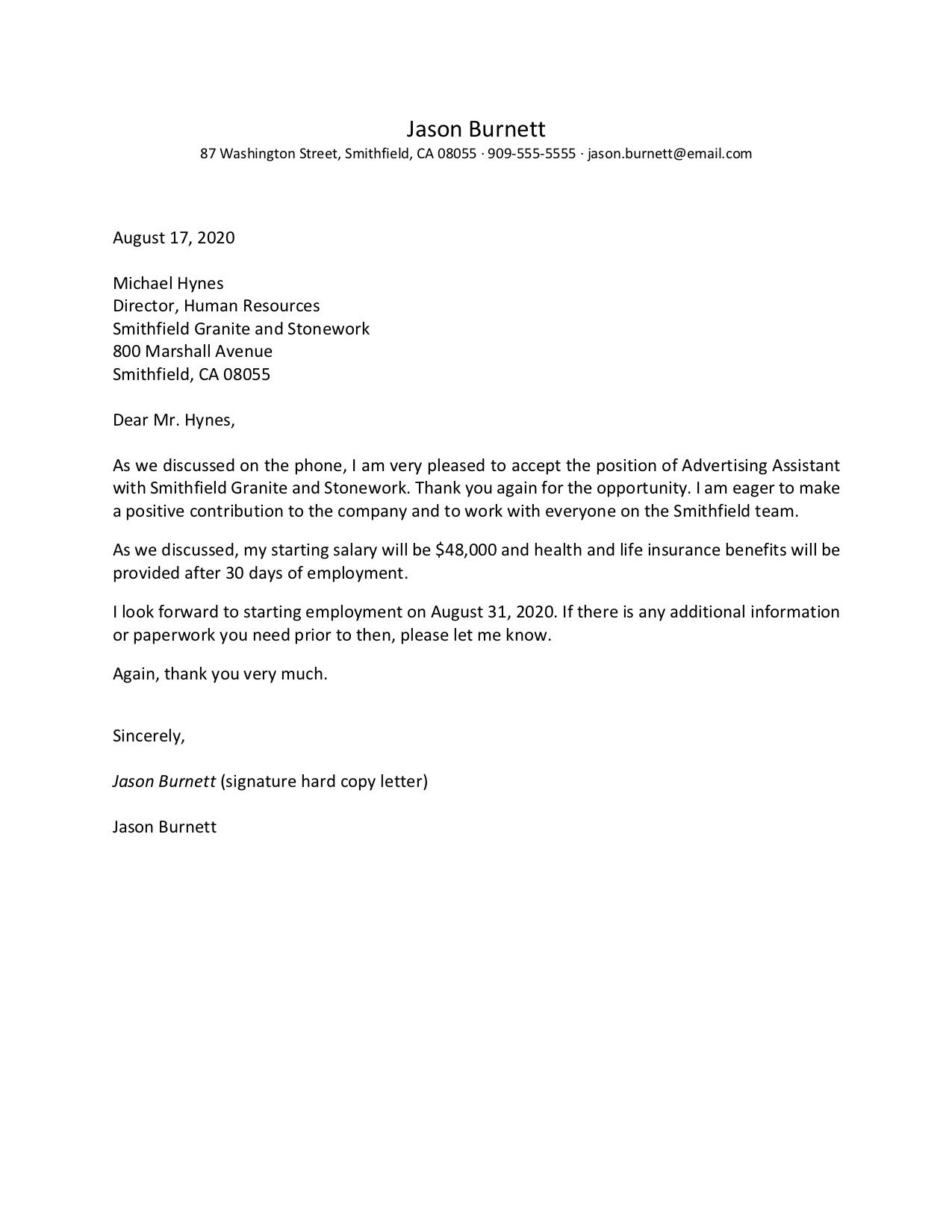Responding To A 'Best And Final' Job Offer: A Guide To Negotiation

Table of Contents
Understanding the "Best and Final" Offer
Employers often use the "best and final offer" tactic to expedite the hiring process and avoid protracted salary negotiation. They might believe it will pressure you into accepting their terms quickly. But what does it really mean? Is it truly the final offer, or a negotiating ploy? In many cases, it's the latter.
- It's a negotiating tactic, not always the absolute end. Many employers use this phrase to signal their desire to conclude negotiations, but it doesn't necessarily mean they are unwilling to budge.
- Employers want to avoid further discussions. They'd prefer a swift resolution to fill the open position.
- Assess your own position before responding. Carefully weigh the offer against your needs, your research on industry standards, and your alternative options.
Evaluating the Offer Before Responding
Don't just focus on the salary number. Analyze the entire compensation package, understanding that effective benefits negotiation is equally important. A comprehensive evaluation ensures you're considering all aspects.
- Breakdown the salary, benefits (health insurance, retirement plan, paid time off, etc.), bonuses, stock options. Consider the total value, not just the base salary. Use online calculators to help determine the overall compensation package value.
- Consider career growth opportunities, work-life balance, company culture. These intangible factors significantly impact job satisfaction and long-term success. Does the role offer a clear path for advancement? Does the company culture align with your values? Is the commute reasonable?
- Weigh the pros and cons against other potential opportunities. Have you received other offers? How does this compare? This helps you determine your leverage in the negotiation.
Strategies for Negotiating a "Best and Final" Offer
Even faced with a "best and final" offer, you can still negotiate. The key is a thoughtful and strategic approach.
Politely Expressing Appreciation and then the Counter-Offer
Begin by acknowledging the offer and expressing your appreciation. This sets a positive tone. Then, strategically highlight areas needing improvement, supporting your requests with data.
- Use "I" statements instead of accusatory language ("I am seeking X because..."). This avoids making the employer feel attacked.
- Provide justification for your counter-offer (market research, experience level, etc.). Show that your request is reasonable and based on market value. Use data from sites like Glassdoor or Salary.com to support your claims.
- Be prepared to compromise – what are your non-negotiables? Identify your priorities and be willing to make concessions in less critical areas.
Addressing Specific Concerns
Avoid overwhelming the employer with numerous requests. Focus on one or two key areas requiring adjustment.
- Prioritize your requests – focus on the most important aspects. What will make the biggest difference to you?
- Be ready to offer concessions if necessary. Perhaps you're willing to accept a slightly lower salary in exchange for better benefits or more vacation time.
- Highlight the value you bring to the organization. Remind them of your skills and experience and how you will contribute to their success. Quantify your accomplishments whenever possible.
Handling Rejection of your Counter-Offer
Even with the best negotiation strategies, a rejection is possible. Maintain your professionalism throughout the process.
- Gracefully accept rejection; professionalism is key. A gracious response leaves a positive lasting impression.
- Reiterate your interest in the position but respectfully accept their decision. This keeps the door open for future opportunities.
- Consider requesting written confirmation of the final decision. This provides clarity and a record of the interaction.
- Thank the employer for their time and consideration. This shows respect and leaves the door open for future opportunities.
- Maintain a professional demeanor regardless of outcome. Burning bridges is never a good idea.
- Keep the door open for future opportunities. Networking is key, and maintaining positive relationships can lead to future possibilities.
Conclusion
Responding to a "best and final" job offer requires a strategic approach. By evaluating the offer thoroughly, preparing a well-reasoned counter-offer (when appropriate), and maintaining professional communication throughout the process, you can maximize your chances of securing the best possible terms. Effective employment negotiation is a skill that can significantly impact your career trajectory.
Don't let a "best and final" job offer intimidate you. Use the strategies outlined in this guide to confidently negotiate and achieve the compensation and terms you deserve. Master the art of job offer negotiation to secure your ideal career path.

Featured Posts
-
 The Jonas Brothers A Couples Hilarious Fight And Joes Response
May 23, 2025
The Jonas Brothers A Couples Hilarious Fight And Joes Response
May 23, 2025 -
 Horoscopo De La Semana 1 Al 7 De Abril De 2025 Todos Los Signos
May 23, 2025
Horoscopo De La Semana 1 Al 7 De Abril De 2025 Todos Los Signos
May 23, 2025 -
 U S Senate Introduces Resolution Recognizing Strong Canada U S Ties
May 23, 2025
U S Senate Introduces Resolution Recognizing Strong Canada U S Ties
May 23, 2025 -
 Who Is Elias Rodriguez Details On The Suspect In The Israeli Embassy Killing
May 23, 2025
Who Is Elias Rodriguez Details On The Suspect In The Israeli Embassy Killing
May 23, 2025 -
 Expect Cheap Gas This Memorial Day Weekend
May 23, 2025
Expect Cheap Gas This Memorial Day Weekend
May 23, 2025
Latest Posts
-
 Jonathan Groff Eyes Tony Award Glory With Just In Time
May 23, 2025
Jonathan Groff Eyes Tony Award Glory With Just In Time
May 23, 2025 -
 Is Jonathan Groffs Just In Time Performance Tony Worthy
May 23, 2025
Is Jonathan Groffs Just In Time Performance Tony Worthy
May 23, 2025 -
 Jonathan Groff Tony Award Nomination Potential For Just In Time
May 23, 2025
Jonathan Groff Tony Award Nomination Potential For Just In Time
May 23, 2025 -
 Jonathan Groff And Just In Time A Tony Awards Prediction
May 23, 2025
Jonathan Groff And Just In Time A Tony Awards Prediction
May 23, 2025 -
 Could Jonathan Groff Make Tony Awards History With Just In Time
May 23, 2025
Could Jonathan Groff Make Tony Awards History With Just In Time
May 23, 2025
